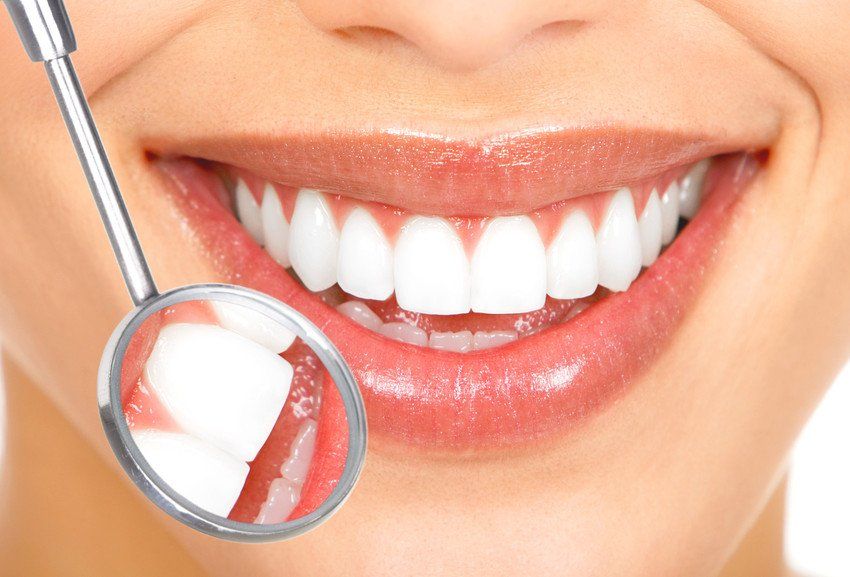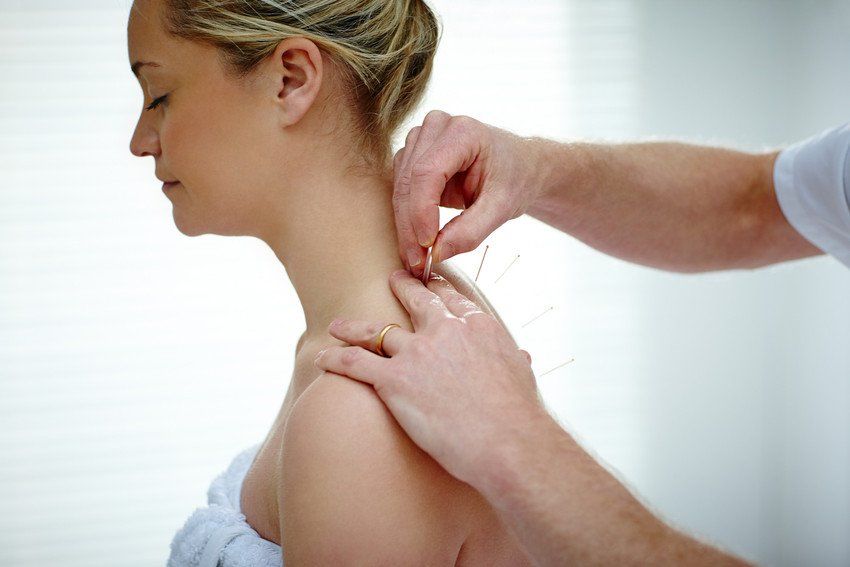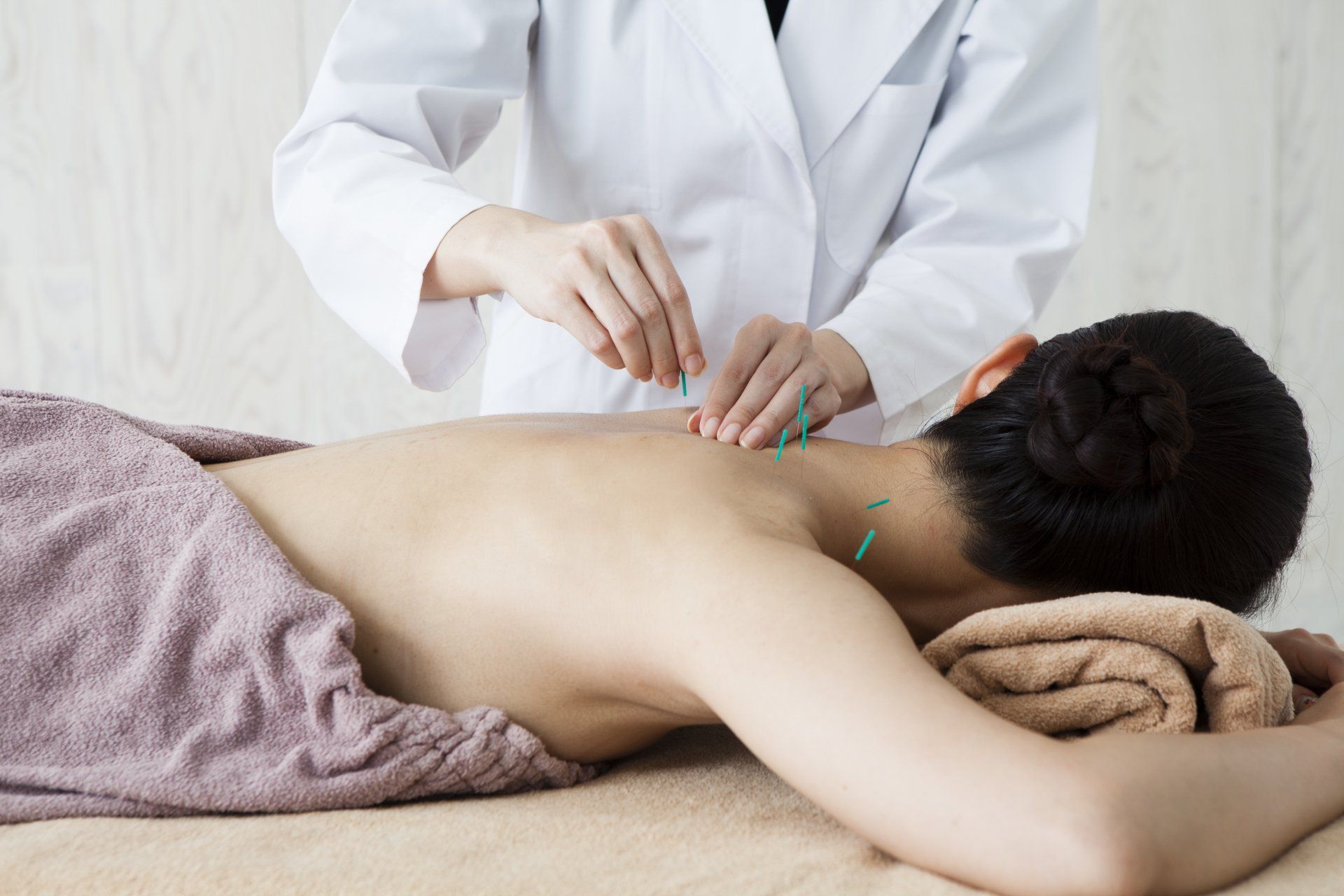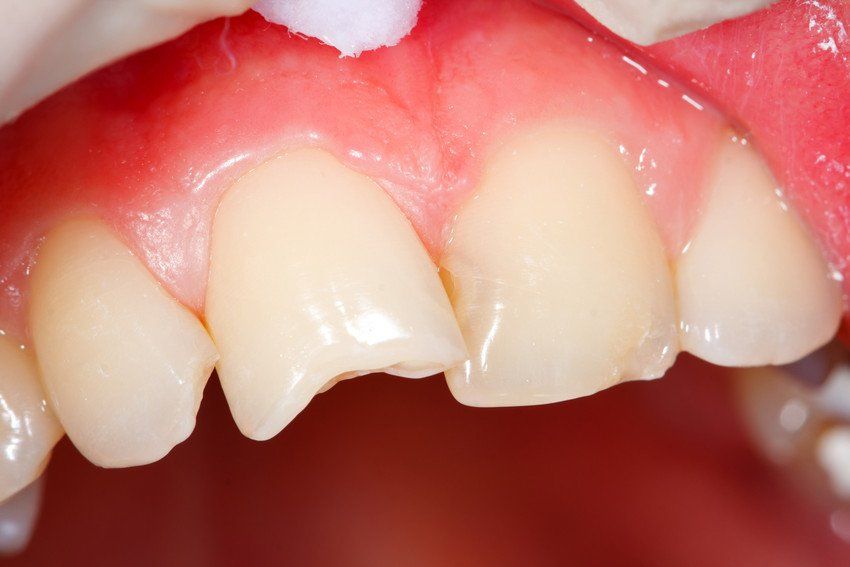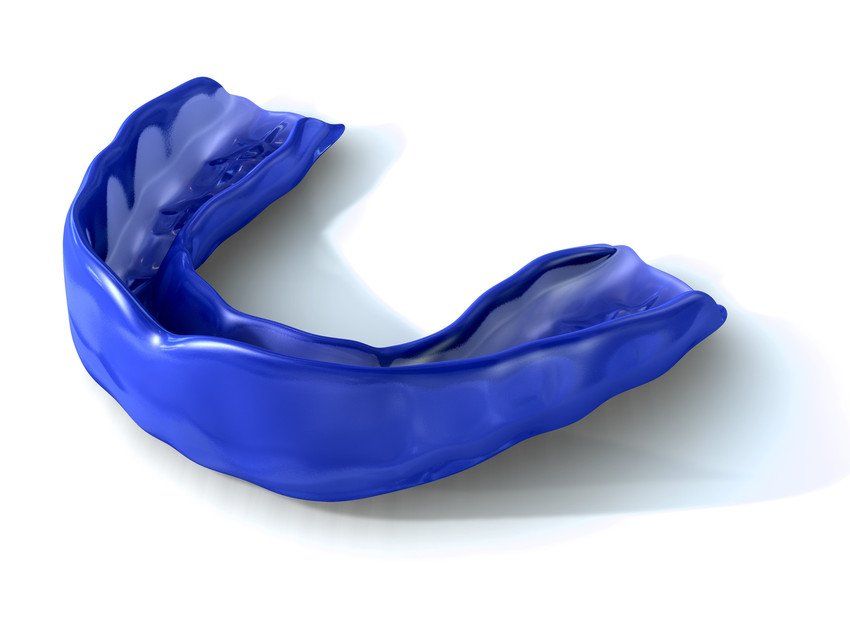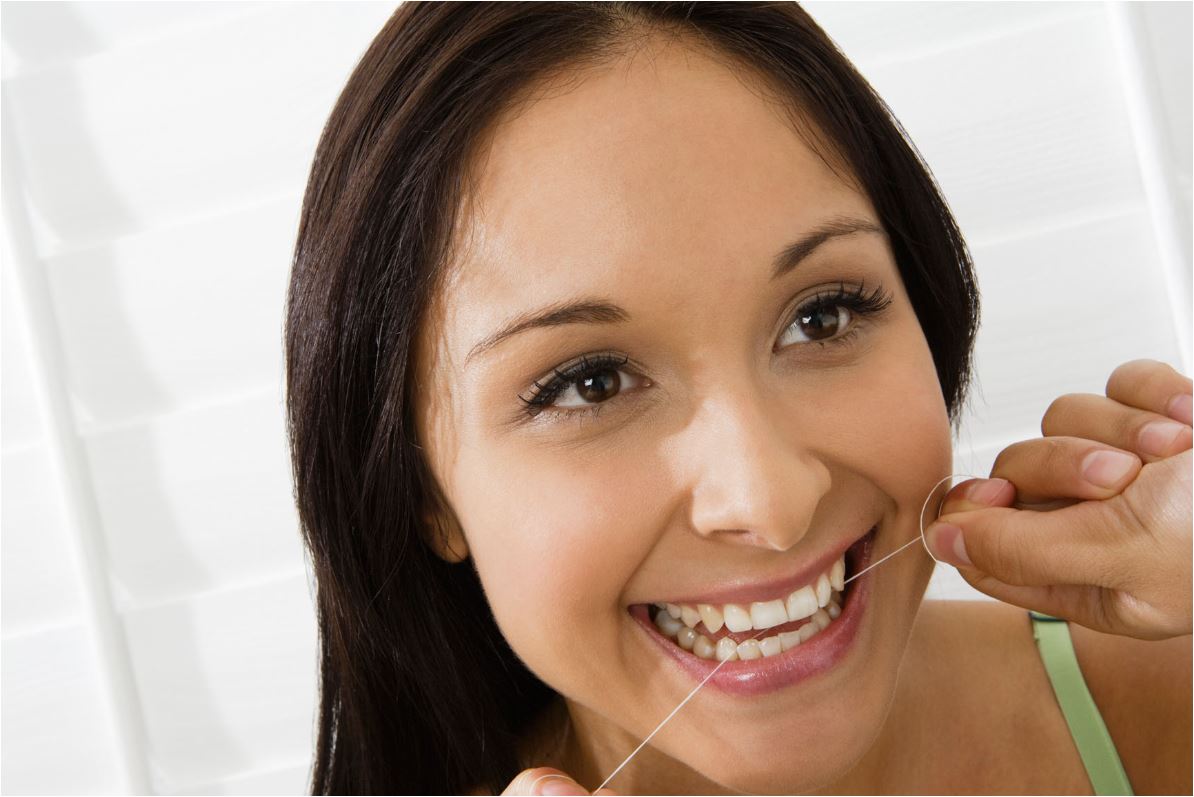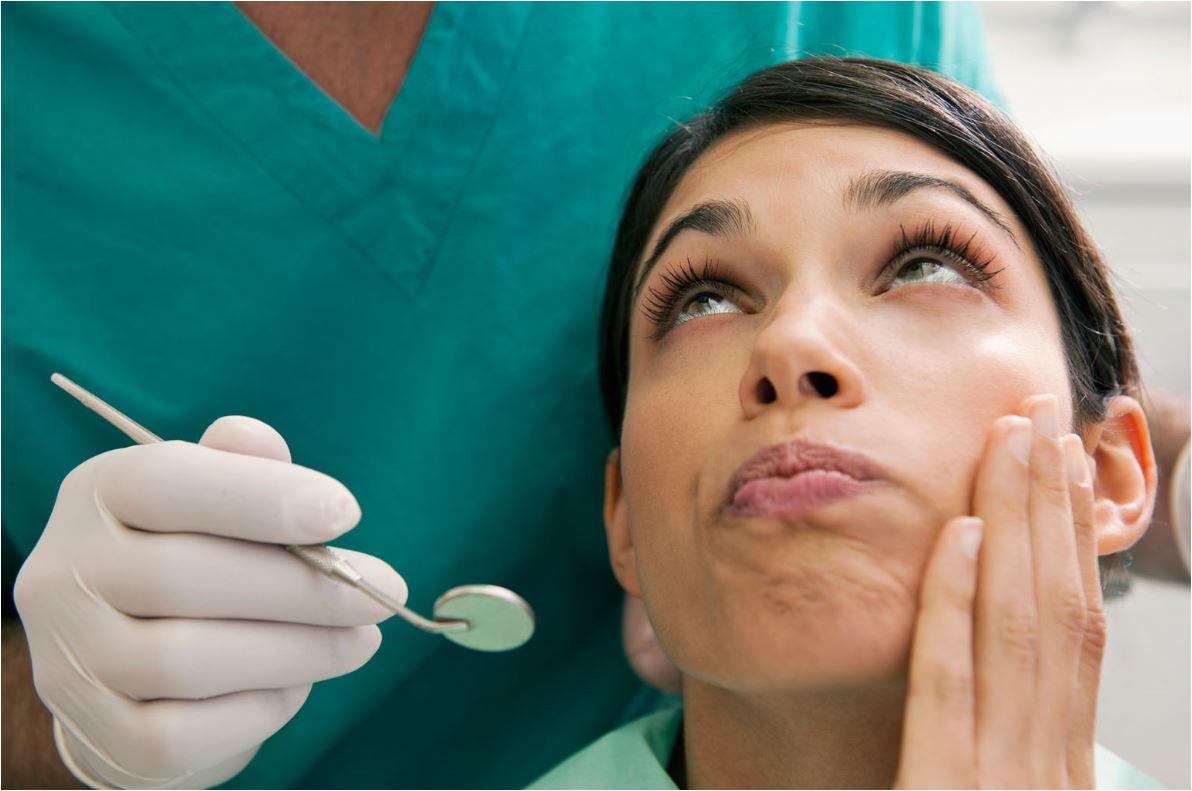From Their First Tooth Filling to Their Emerging Wisdom Teeth: How to Care For Your Child’s Smile

Oral hygiene is a routine that should be encouraged from a young age, since children’s teeth start developing even before they’re born. It’s essential that you care for your child’s teeth as soon as they come through with regular brushing and trips to the dentist. Taking care of your child’s teeth will encourage good habits as they get older and ensure that their adult teeth are in good condition.
But, apart from brushing, what else do you need to know about your child’s teeth? Read on for all you need to know about oral care, the dentist and how teeth develop from a baby through to teens.
The life cycle of a child’s mouth
Every child is different meaning development can vary in timescale, especially when it comes to teeth, however, most children will hit each milestone at a similar period. When a child begins growing in the fetus, good nutrition throughout the pregnancy such as calcium, vitamin C and vitamin D in the mother’s diet, can have a positive effect on how the baby’s teeth come through.
Below we explain the main stages that create the life cycle of a child’s mouth.
● First tooth - a baby’s first tooth usually comes through between four and twelve months - this is usually the middle tooth on the bottom jaw. During teething, you may notice that your baby is a lot more dribbly and their gums look swollen and red. For parents and children, this stage can be a little distressing, however there are many products that you can buy to soothe the pain. Chilled teething rings, gels and pain killing medicine can all help. When the first tooth comes through, it’s a good idea to make their first dentist appointment for a professional check up.
● Milk teeth - by three years old, most children will have a full set of 20 milk teeth. By this stage, you should be brushing your child's teeth using a soft, child-friendly toothbrush and a pea-sized amount of fluoride toothpaste.
● Teeth falling out - around age four, a child’s facial bones will begin to grow, creating space in between their baby teeth to make room for their larger, permanent teeth to come through. Shorty after this time, at around age five to seven, this is a normal time for your child to start losing teeth.
● Big teeth - by age twelve, the majority of permanent teeth will probably have come through, apart from wisdom teeth which can come through between age seventeen and twenty one.
● Wisdom teeth - the name ‘wisdom tooth’ does not refer to how smart you are, instead, it refers to the fact that they come in at a later stage in life compared to milk and adult teeth. People usually develop four wisdom teeth, each coming through behind the molars on the top and lower jaw. How quickly these grow vary between each individual, for some it only takes a few months but for others it can take years. Most people have them removed for one of the following reasons.
● They’re impacted - because they grow at the very back on your mouth, it’s easy for wisdom teeth to become impacted. When this happens, they can get trapped and cause pain if they grow into the gum or against another tooth.
● Your mouth is too small - wisdom teeth can take up a lot of room, and for some people their mouths simply don’t have enough space for this extra set of teeth.
● Gum disease - you may not be able to reach your wisdom teeth to brush and floss them properly, and when this happens, it can result in cavities or gum disease.
How to prepare your child for their first dentist appointment
As mentioned, it’s a good idea to bring your child to the dentist as soon as their first tooth emerges, however, as they won’t remember this first dentist appointment they may become anxious as they get older. Although oral health is improving in England, staggering statistics show that in 2017 just under a quarter of five year old children were found to have tooth decay. It’s incredibly important to take your child to the dentist, to keep a check on their oral health and ensure they are not developing any ongoing problems that you haven’t spotted.
Here we explain our top tips on preparing your child for the dentist.
Talk them through the appointment
In preparation for your child’s appointment you should talk them through the process so they don’t feel as anxious about what to expect. If you can, bring them along to your own appointment so they get used to the setting and can familiarise themselves with the sounds and smells of a dental practice. You should also use positive language and explain that the dentist is there to help their teeth become healthy and strong.
Most children find comfort and understanding in visual aids and games. Picture books about the dentist can make them feel more at ease and reduce any fear they may have. You could also do some role play, so they get used to having their mouth looked at by someone else and they feel more comfortable at the real appointment.
Despite your best efforts, some children may be scared at the dentist. To ease their discomfort, why not allow them to bring their favourite toy for some comfort? The dentist may also suggest that your child sits on your lap while they’re being examined - this will ensure the entire experience is not bad and they don’t leave the appointment feeling completely anxious.
What kind of dental care do children need?
When children visit the dentist, the type of care they require will change as they get older. But, as with adults, the main focus for the dentist is to ensure your child’s teeth are healthy and developing as they should.
Below we explain some of the common dental treatments your child may need at the dentist.
During your child’s examination, the dentist will be looking at the overall health of their teeth. This includes checking for any signs of decay, examining your child’s bite and checking for any problems in the gums and jaw. Children will usually need a checkup every six to 12 months, since their teeth develop and change a lot more than adults.
Sugary food and drinks can cause major problems for children’s teeth when plaque is left to build up. Over time this can cause holes in their teeth that need to be fixed using fillings. Let’s be honest, most children love anything sweet and it can be difficult to limit the amount of sugar they consume, however, maintaining a good brushing routine can majorly reduce the need for fillings.
The most common reason for tooth extraction in children, is to remove baby teeth that haven’t fallen out. When baby teeth are not removed, adult teeth have no room to come down, so by getting it extracted this creates more space and reduces the need for further orthodontic treatment later on.
Crowded teeth, gaps, overbites and a number of other teeth-related problems can result in the need for braces. Orthodontic work is common in children as the mouth is still growing and straightening teeth is a lot easier. Braces work by shifting the teeth by increasing the tension of the wire until they are moved into a straighter position. Once the braces are removed, your child will need to wear a retainer at night to keep their teeth in place.
Manor Road Dental: Professional dental care, dental filling and personalised plans
If you’ve been wondering, where is my nearest dentist in Swansea? Then Manor Road Dental is the practice you need. We understand that children may be anxious when visiting the dentist, but our professional team will do all they can to put your child at ease and make their experience a positive one. From personalised dental plans to fillings and tooth extractions, we have a range of services that will ensure your child’s teeth and strong and healthy. For more information about our practice, get in touch today.



